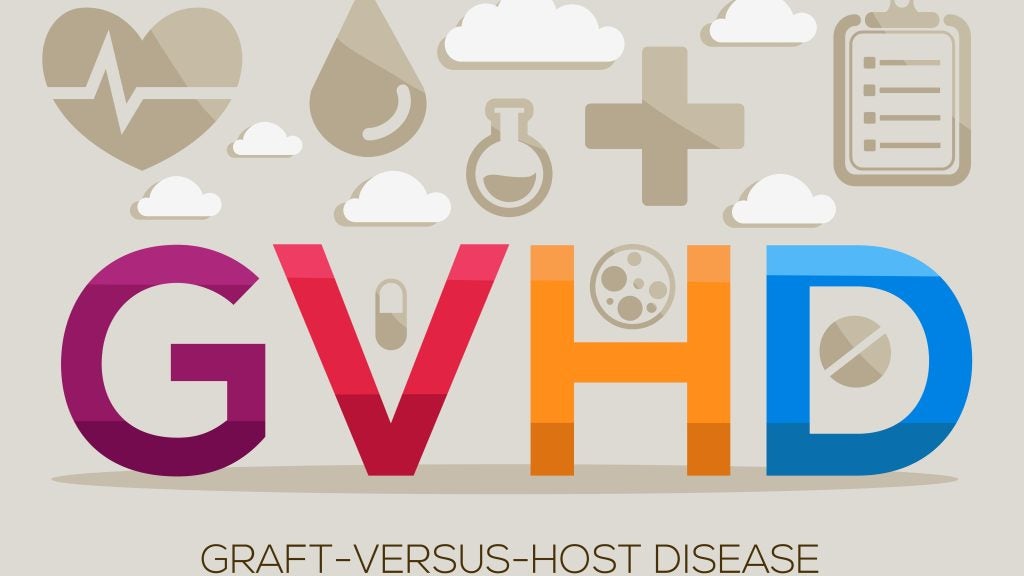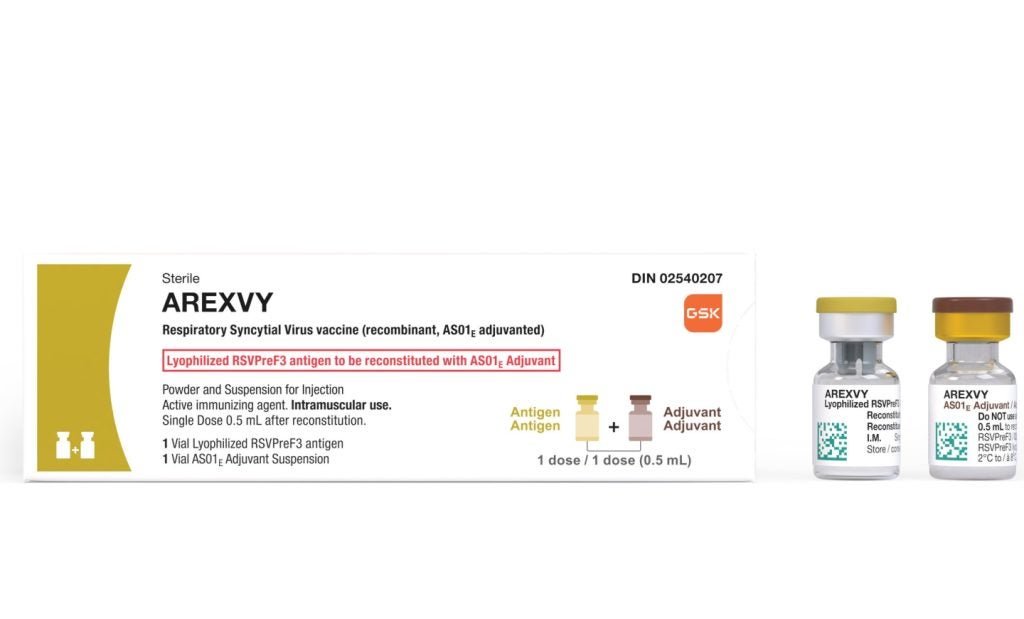Mesoblast plans to conduct a new trial for evaluating the efficacy of remestemcel-L for the treatment of steroid-refractory acute graft versus host disease (GvHD), after receiving yet another request for more data.
The trial initiation news follows a request from the US Food and Drug Administration (FDA) for additional data to approve Mesoblast’s biologics license application (BLA) resubmission for the paediatric population.
Remestemcel-L is a human bone marrow-derived mesenchymal stem cell (MSC) product. It has been approved for paediatric use for the treatment of steroid-refractory acute graft versus host disease in Japan, Canada, and New Zealand.
In January 2023, Mesoblast resubmitted the BLA for remestemcel-L, with more data that addressed a complete response letter (CRL) from the FDA dating September 2020. The resubmission at the time included survival data from a Phase III trial that enrolled children, and the cell therapy’s effect on high disease activity, among other things.
Although the company submitted this Phase III data and analysis, the FDA still requested more trial data, as per today’s announcement. The news has led to a sharp 63.9% decline in the stock price of Mesoblast at market open today, compared to market close yesterday.
The single-arm multicentre Phase III clinical trial (NCT02336230) for remestemcel-L in the paediatric population met its primary endpoints. The published results showed an overall survival rate of 74.1% at day 100 and 68.5% at day 180. The upcoming Phase III study will now include adults with the highest disease and mortality risk, as per the company.
The FDA also evaluated Mesoblast’s manufacturing facility as part of a pre-license inspection (PLI). The evaluation revealed that changes in manufacturing showed an improved performance of the assay compared to the original Phase III paediatric trial version. The FDA conducted a PLI of Mesoblast’s cell therapy manufacturing operations at Lonza Bioscience in Singapore, as per the Q1 2023 operational report..
In a press release, Mesoblast’s chief executive Silviu Itescu said: “[The] FDA’s inspection of our manufacturing process resulted in no observed concerns. The Agency raised no safety issues across more than 1,300 patients who have received remestemcel-L to date, and acknowledged improvements to our potency assay."
Other drugs currently in Phase II development for the treatment of graft versus host disease include Pfizer’s Sirolimus, a macrolide lactams derivative drug; and Eli Lily’s Baricitinib (Olumiant). Along with Equillium’s itolizumab currently in Phase III clinical trials.
Remestemcel-L is also being developed for biologic-resistant inflammatory bowel disease, ulcerative colitis, and acute respiratory distress syndrome.













